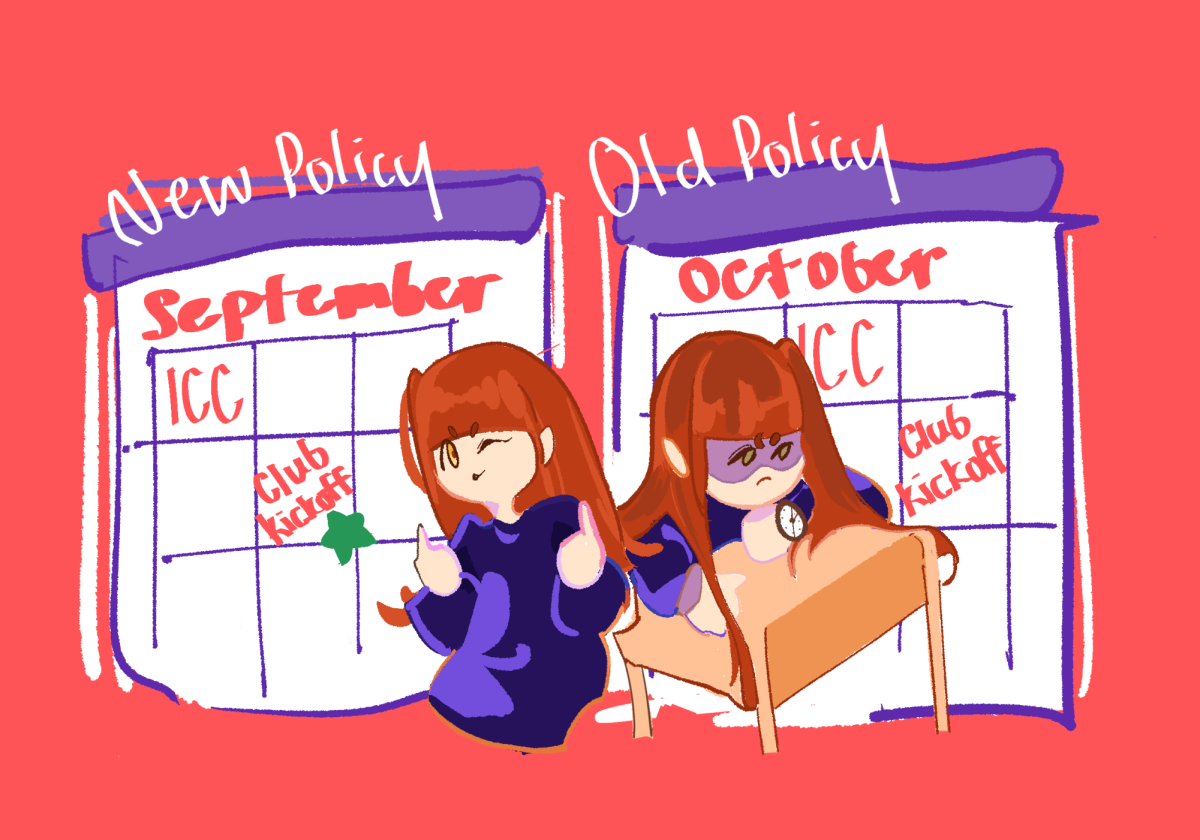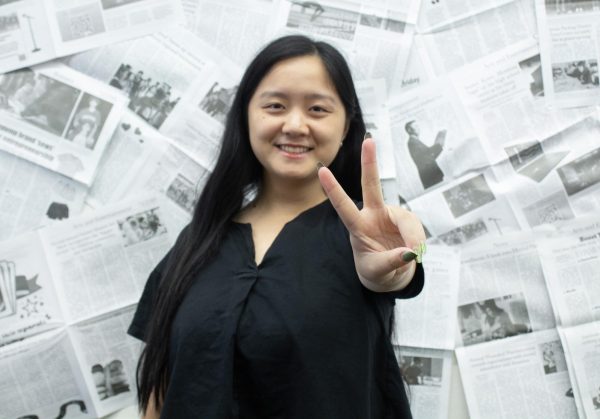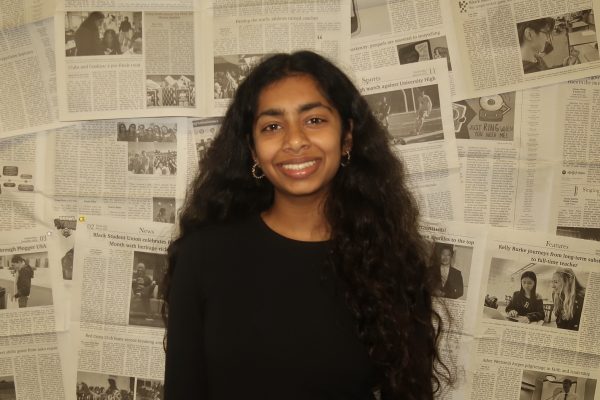From Drama Club to Computation Linguistics Club, to Key Club, clubs are an integral part of Portola High that contribute to student culture on campus. With over 150 clubs this year, there are a plethora of options for students to choose from. However, they can also petition to create new clubs if nothing on the roster appeals to them.
Although the process of creating a club initially started at the beginning of the school year, ASB has since implemented a new club policy where prospective clubs must apply for approval at the end of the previous school year before finding a club adviser at the beginning of the next school year, according to junior and club commissioner Nami Motwani. While splitting the club application process into two parts may seem complicated, students should embrace the new policy, as it expedites club activities to the beginning of the year and equally allows students to prepare for their clubs over the summer in advance.
With this new policy, vital club events like Club Kickoff occur earlier in the year since ASB already vetted new clubs before the school year even starts, according to Motwani.
“Normally, for a majority of the first month of our school year, we spend a lot of time with the new club applications,” Motwani said. “I think that expediting the process in the previous year is easier for the club commissioner because it’s very difficult to go through those applications while being in the first month of everything.”
Motwani additionally points out that developing clubs at the end of the year can reduce stress for students who usually have to adjust to heading back to school while juggling club applications.
“Doing it a year in advance just creates an amount of solidity that we didn’t have in our foundation in previous years,” Motwani said. “People have the time to prepare over the summer for what they want to do for their clubs, and it kind of lifts this weight off of them to complete everything in the moment.”
Others contend that the old process provided more opportunities for club creation, namely for newcomers. As the new policy begins before freshmen enter the school, they are unable to start a club for the entirety of the year.
“I think if [freshmen are] introduced to the club [policy] before, like with everybody else, it’s more equal, and they have better chances,” freshman Akhilesh Kuppili said.
While it may seem unfair that freshmen are unable to create their own, they may lack the experience needed for a high school-level club, according to junior Hrishi Gopalakrishna, who went through the new application process this year. Instead, freshmen should spend their first year being members of other groups to gain greater knowledge of high school clubs.
“From high school to middle school, there’s a huge difference in the intensity of club activities and how fun the club is,” Gopalakrishna said. “It makes me feel more comfortable knowing that freshmen have already experienced how a club is in high school, rather than creating a club fresh off the bat from middle school.”
Although the new policy may seem complex, the two-step process ultimately speeds up club activities such as inter-club council meetings, permitting clubs to begin earlier. Vetting clubs at the end of each year also removes student stress by allowing them to prepare for club activities over the summer. For these reasons, it’s safe to say that the new club policy is officially here to stay.






